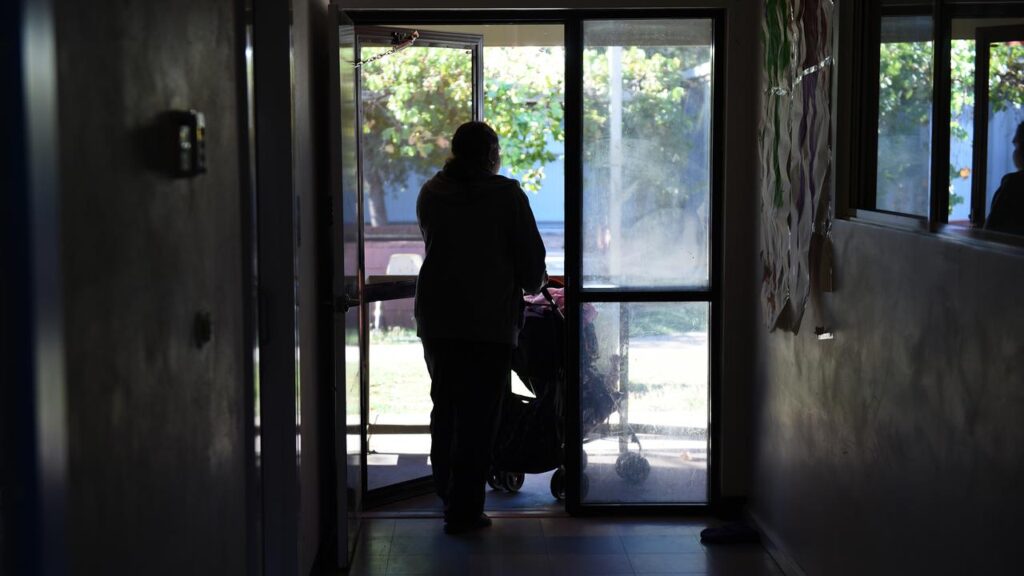Holistic approach needed to overcome family violence
Keira Jenkins |

Approaches to domestic and family violence must include the entire community, Aboriginal and Torres Strait Islander advocates and experts say.
First Nations communities have the solutions to address family violence, Queensland Indigenous Family Violence Legal Service chief executive Wynetta Dewis told AAP.
“We hear the challenges around government funding, or working in a colonised system and the structural, systemic issues,” the Torres Strait Islander woman said.
“We’re trying to empower the Aboriginal community controlled organisations and the people working within them that you can still lead change within your own agencies to take that power and move forward.”

Indigenous ways of knowing must be at the heart of addressing family violence for Mereseini Rakuita, strategic lead for Pacific Community Teretia Tokam.
An Indigenous Fijian woman, Ms Rakuita told a forum two in three women in her region have experienced sexual or physical violence.
But there are a number of initiatives there working to address violence against women and girls, she said at the Overcoming Indigenous Family Violence Forum on the Gold Coast.
One of these is the Pacific Women’s Network Against Violence Against Women, formed by local organisations and women across the region.
“The story behind this network is one of strength and resilience,” she said.
“A number of women sat down and said ‘we’ve got to do something about this’.
“They all had their day jobs so they started using their salaries to work towards a crisis centre, now it has become a a formalised structure, one of the most progressive and advanced crisis centres in the region.”

Ms Dewis said an all-of-community approach was required for addressing family violence.
“Domestic and family violence intersects with child protection, even housing and health,” she said.
Including male behaviour-change services in the forum was important to ensure the entire community was brought along to address family violence, and the forum was receptive to the men who spoke about their programs, Ms Dewis said.
One of the programs, Change Em Ways based in the Kimberley region of Western Australia, works with men to address underlying issues such as intergenerational trauma to help change their behaviour.
Importantly to the program’s cultural guidance worker Nelson Bieundurry, it includes on-Country camps to connect the men back to culture and traditions.
“Activities include not only hunting, fishing and gathering but also include campfire discussions on the use of violence in intimate relationships, the importance of accountability and the acceptance of change,” he said.
13YARN 13 92 76
Lifeline 13 11 14
1800 RESPECT (1800 737 732)
Men’s Referral Service 1300 766 491
AAP